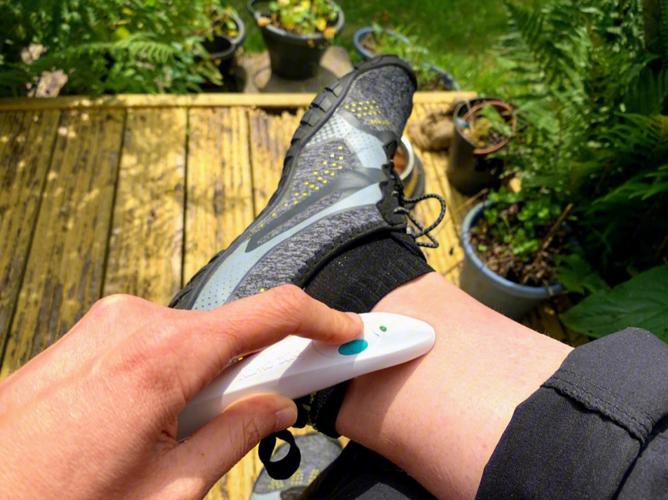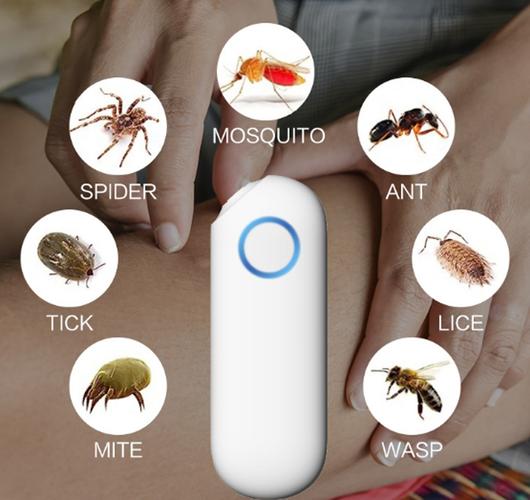
Insect Bite Swelling: A Comprehensive Guide
Have you ever experienced a bite from an insect that resulted in swelling? It’s a common occurrence, and understanding the causes, symptoms, and treatments can help you manage these bites more effectively. In this article, we will delve into the various aspects of insect bite swelling, providing you with a detailed and informative overview.
Understanding the Causes
Insect bites can be caused by a wide range of insects, including mosquitoes, ticks, bees, wasps, and ants. Each of these insects has its own unique characteristics and venom composition, which can lead to different reactions in humans.

| Insect | Common Venoms | Typical Reactions |
|---|---|---|
| Mosquitoes | Saliva, which can trigger an immune response | Itching, redness, and swelling |
| Ticks | Saliva, which can transmit diseases | Itching, redness, swelling, and potential disease transmission |
| Bees and Wasps | Venom, which can cause an allergic reaction | Itching, redness, swelling, and potentially severe allergic reactions |
| Ants | Formic acid, which can cause irritation | Itching, redness, swelling, and pain |
Recognizing the Symptoms
After an insect bite, you may notice several symptoms, including:
-
Redness and swelling around the bite area
-
Itching, which can be severe and persistent
-
Pain or a burning sensation

-
Small blisters or pus formation
In some cases, you may also experience more severe symptoms, such as difficulty breathing, hives, or swelling of the throat, which could indicate an allergic reaction. If you experience any of these symptoms, seek medical attention immediately.
Managing Insect Bite Swelling
Here are some effective ways to manage insect bite swelling:
-
Cold Compress: Apply a cold compress to the bite area for 10-15 minutes several times a day. This can help reduce swelling and numb the area.
-
Antihistamines: Over-the-counter antihistamines, such as diphenhydramine (Benadryl), can help alleviate itching and reduce inflammation.
-
Topical Creams: Use a non-steroidal anti-inflammatory cream, such as hydrocortisone, to reduce swelling and itching.
-
Hydrotherapy: Soaking the affected area in warm water can help alleviate itching and swelling.
Preventing Future Bites
Preventing insect bites is crucial, especially if you are prone to allergic reactions or live in an area with a high insect population. Here are some tips to help you avoid future bites:
-
Wear long-sleeved shirts and pants when outdoors, especially during peak insect activity times.
-
Use insect repellents containing DEET, picaridin, or oil of lemon eucalyptus.
-
Keep your home and yard free of standing water, as it attracts mosquitoes.
-
Inspect your clothing and body for ticks after spending time outdoors.
Insect bite swelling can be a nuisance, but with the right knowledge and precautions, you can manage these bites effectively and reduce your risk of future occurrences.





